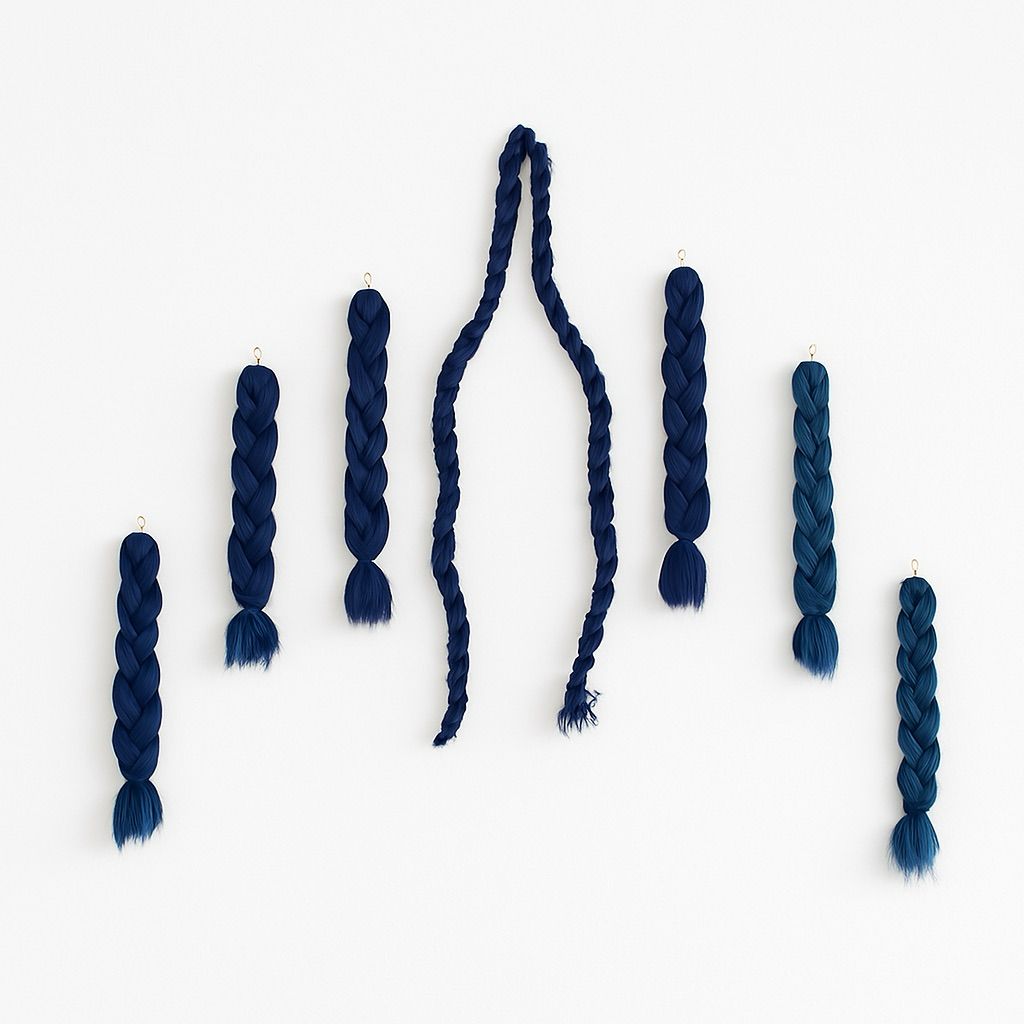Alejandra Glez (Havana, 1996) is a Cuban multidisciplinary artist who moves fluidly between performance, installation, photography, and video art. As liquid as her essence, her work is a tide of symbols and rituals, a dialogue between body, water, and memory.
Glez always returns to the sea: refuge, mirror, lineage. Her connection is visceral, rooted in her insular origins and Afro-Cuban spirituality. Daughter of Yemayá, mother of the oceans, her art plunges into the depths to rewrite the present. Water is not merely a symbol but an archive of memories, a liquid body that safeguards wounds and histories.
Her practice is a ritual of healing, a bridge between the ancestral and the contemporary. Feminist, ecological, and anti-colonial, Glez explores, through aesthetics and symbolism, the historical scars that shape identity and land. Her work began as a cathartic cry, a conjuring to exorcize trauma. Today, she moves through a serene maturity without losing the urgency of her early gestures.
Each image is an act of resistance, a challenge to imposed narratives. Her work has resonated in spaces such as the Museo Thyssen- Bornemisza (Madrid) with Volver a nacer and the Museu da História e da Cultura Afro-Brasileira with Rituales, reos y altares, where memory and the body engage in a dialogue between the sacred and the political.
The sea remains her constant horizon, a territory where femininity, feminism, and ecology converge. In her works, the body becomes a map of lived and inherited memories, a testament to resistance and healing. Her art is not a mere representation but a call— a liquid voice confronting the viewer and drawing them into her symbolic universe. In times of climate crisis and struggles for marginalized bodies, her work resonates like the tides: relentless, transformative, and necessary.
Like the water that names and flows through her, Glez’s work moves in a language of its own—fluid and untamed—where identity, spirituality, and resistance intertwine. In each image, a waiting sea to be inhabited.



